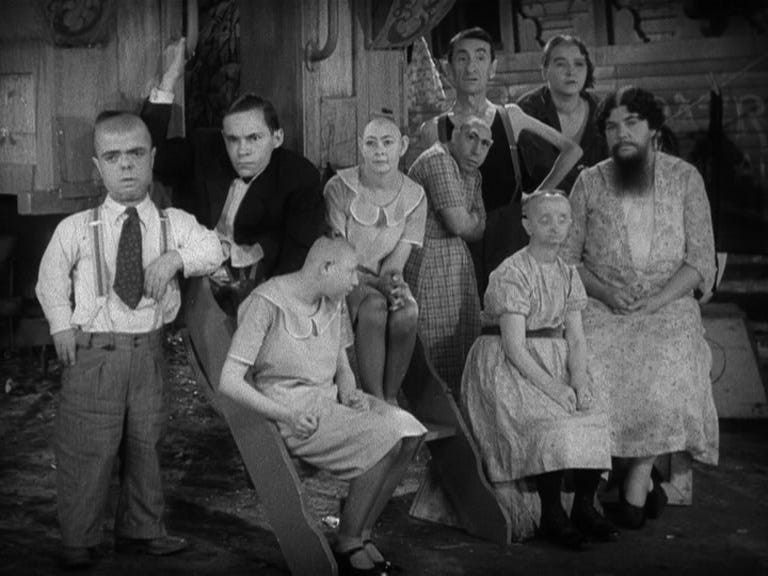The horror genre, a cinematic landscape filled with gore, jump scares, and psychological torment, consistently draws audiences while simultaneously repelling others. Why do people willingly subject themselves to these experiences? What is the allure of fear? This exploration delves into the psychology behind horror fandom, examining the rise of the genre, the motivations of its fans, and the personality traits that might predispose someone to loving fright.
The Enduring Appeal of Horror: A Genre Built on Fear
Horror’s divisive nature dates back to cinema’s early days. The 1932 film Freaks, with its cast of real-life carnival performers, sparked outrage and even lawsuits, foreshadowing the genre’s power to elicit extreme reactions. Despite its controversial history, horror has not only survived but thrived.
A 2022 YouGov poll confirmed horror as the most polarizing genre, yet its profitability remains undeniable. Lower production budgets and a dedicated fanbase ensure financial success, even for critically panned films. This begs the question: what fuels this dedicated following?
The Thrill of the Scare: Exploring the Motivations of Horror Fans
The 2022 film Skinamarink, a low-budget experimental horror, exemplifies the genre’s divisive nature. While some lauded its atmospheric dread, others deemed it unbearable. This split reflects fundamental differences in how individuals process fear.
Research suggests that “fear-approaching” personalities experience a rise in positive feelings after watching horror, while “fear-avoidant” individuals do not. This positive response stems from hitting an “optimal fear threshold,” a sweet spot where fear becomes enjoyable.
Furthermore, horror fans can be categorized into adrenaline junkies, white knucklers, and dark copers, each with unique motivations. Adrenaline junkies crave intense experiences, white knucklers endure fear for potential personal growth, and dark copers use horror to process anxieties.
Who Embraces the Darkness? Demographics and Personality of Horror Fans
While other genres have clear demographic biases, horror’s appeal is more nuanced. YouGov data reveals a higher affinity for horror among those with a high school degree or less and individuals aged 30-44.
Personality also plays a role. Studies have linked neuroticism to horror enjoyment, suggesting that individuals with higher anxiety may use horror to confront their fears in a controlled setting. Research further indicates a correlation between horror fandom and resilience, with fans demonstrating better coping mechanisms during stressful events like the COVID-19 pandemic.
Conclusion: The Enduring Fascination with Fear
The appeal of horror is multifaceted, stemming from a complex interplay of personality, individual experience, and even genetics. Whether seeking an adrenaline rush, confronting anxieties, or simply enjoying a well-crafted scare, horror fans find unique value in the genre. While the experience may not be for everyone, the enduring popularity of horror speaks to a fundamental human fascination with fear and the darkness that lurks within both our minds and the world around us. The horror genre continues to thrive, offering a unique space for cinematic experimentation and cathartic engagement with our deepest fears.

